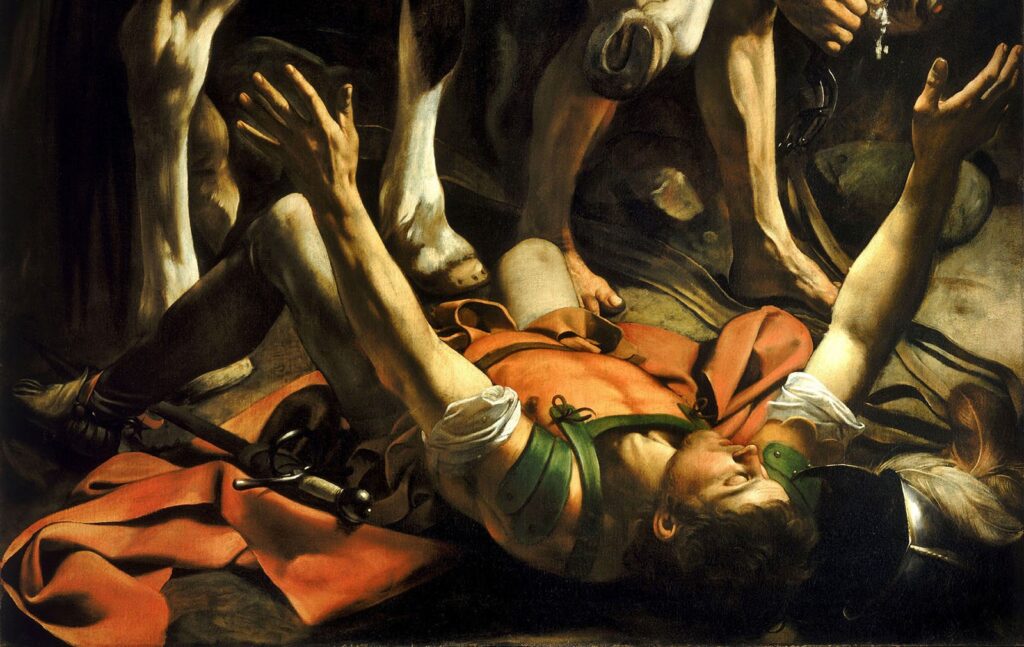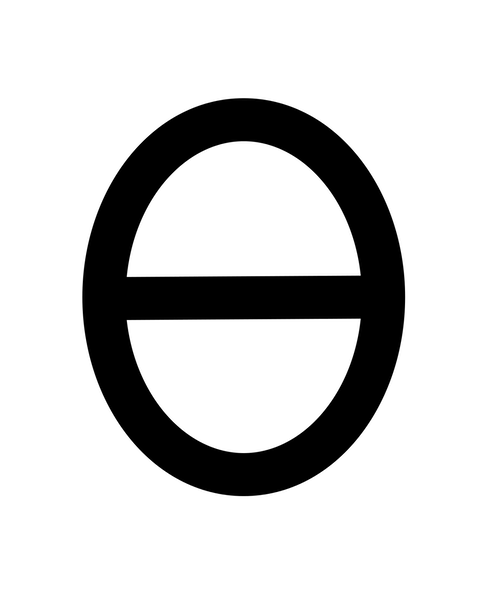
As I shared earlier, my journey to Thanatism began with a prayer. I made a promise to God that I would never speak to another that which I was not sure of myself. I had come to evangelical Christianity through a youth pastor in my early teens, and although by early college (where I was studying to be a pastor) the journey of truth I undertook with God had led me away from an actual belief in the particulars of Christianity, I still valued much of what it had taught me.
One particular practice that I’d like to bring into Thanatism is that of the testimonial. This is one of Christianity’s most ancient and well documented practices, where believers share their conversion to the faith. It’s particularly ancient and well documented because of course, when a faith is new, everyone is a convert, and it is in fact these stories of conversion that make up much of the New Testament. Accordingly, I’d like to share with you my testimony of how I became Thanatist One.
Losing Christianity was a critical moment in my life. I realized that I had been wrong and led others astray. Because of this, I undertook a rigorous journey through the history of human thinking about the world, largely through the lens of Western Philosophy. I started at the beginning with the pre-Socratics, and ended up working on my Ph.D. in a department that specialized in postmodern philosophy.
As someone who had personally undergone the destruction of one worldview and had traced the historical development of humanity’s story about this world, the postmodernists, who exposed in great detail the contingent and all too human motives that shape our view of the world made a lot of sense to me. There was one claim in particular that began to resonate with me–we, as humans, can never know truth.
This isn’t a statement about the current limitations of human knowledge, but rather a deeper statement about knowing itself. Essentially, my thinking at the time was, since we can’t know anything outside of the stories we tell ourselves from our own limited perspective, claiming that one perspective or story is truer than another is a meaningless statement. Further, since all knowing is but a perspective, truth itself is a statement without meaning. I’m not going to go into an analysis of how good or bad this somewhat naive interpretation of postmodernism was, but what I can say is that it was the happiest philosophy I have ever held, and that if I were writing a faith based on it, it would be a much easier sell than Thanatism.
This philosophy is perfectly suited for today because it frees us from holding others to account as well as freeing us from any judgement. Because it views each person’s story as an equally valid human expression of the truth, it promotes the respect for every perspective so prevalent in contemporary moral thinking. Further, it maximises personal freedom by freeing us from any claims our contingent pasts might lay upon us. Better yet, since there is no truth by which our personal beliefs can be judged, nothing can limit what we choose to believe. In essence, we have no obligation to assess or correct any other, and no other has any claim on us.
Given I saw this as the end of philosophy, I decided to leave my Ph.D. program to attack that which had always been the largest constraint of my personal freedom–economic necessity. The plan was to become an entrepreneur and create enough personal wealth that I could do whatever I wanted for the rest of my life. Although this is a common dream for young people today, in that pre-internet time, I literally learned what an entrepreneur was from a book I checked out from the library, and no one knew what I meant when I described myself as such.
I moved to a new city and started my first company. Although entrepreneurship isn’t an easy life, it suited me and, given my philosophical outlook, I felt utterly free. And yet I didn’t. One time back in graduate school, as I was describing my new carefree philosophy to a colleague, she claimed my philosophy was bankrupt because it failed to account for the tragedy of life. I thought her sentiment was utter rubbish at the time, and yet it stuck with me. At some point, I concluded that the tragedy in my relativistic philosophy was that, even though defining our world is so important to us as humans, there was no truth we could ever know. A good enough answer, I thought, but one that didn’t fully settle that churning in the back of my mind.
One day, I was reading a book by a medical doctor who was explaining how our bodies die. I can’t remember why I had picked up the book, perhaps it was just morbid curiosity, but after putting it down one afternoon, the question of where the tragedy in my philosophy resided came up again, and I remember saying to myself so clearly that I might have even spoken it–“The tragedy of life isn’t that we can never know. It’s that we already know.”
The knowing that I was referring to, was that we know that we’re going to die. This truth ripped the protective veil of my happy relativism from my face, exposing the face of a frightened and cowering child. I knew. I had never known something so fully in my entire life. I am going to die and cease to exist forever. The reason why my philosophy of not knowing had made me so happy was because, by eliminating the possibility of truth, it had nearly eliminated from my life that one tragedy that haunts us all–death. I was using the artificial tragedy of “never knowing” to in fact hide from that which I had always known–I am going to die.
It took me about a year to unpack this personally. During that year though, death ripped through layer after layer of lies I had been telling myself in order to hide from the realities of this world. As a result, my entrepreneurial career changed. It became less and less about securing my personal freedom and more and more about using capitalism to change this world for the better, and I spent the next 20 years trying to do just that.
I will repeat here the simple rule of entrepreneurship I learned over the next 20 year that I expressed earlier–if you want to create a successful company, don’t try to change what people care about, rather make it easier for them to do what they already want. As you can probably tell from the sentiment above, I didn’t manage to change the world through capitalism, and although I did manage some degree of financial freedom, ultimately, I never created the great business that would set me, or this world, free.
In lieu of this, I’ve spent the last two years creating an economically sustainable place of relative peace for me and my family. As a precondition of giving up on my world-changing ambitions, however, I required that this new venture afford me two additional opportunities. First, it had to give me some free time to write after the first year. Second, it had to create a place of sanctuary for those who might want to join us. The idea was that what I wrote would serve as a beacon for those who might want to rethink ourselves and our world, and that the place we’ve built would give us the opportunity to come together and meet. What you’re now reading is the beacon, and we have in fact, created a pretty good place (a tropical resort actually) where we can begin to meet one another.
And that’s my testimonial. I found a faith at a relatively young age that taught me to appreciate the truth and my responsibility to the world. I eventually discarded what was untrue about that faith, and sought personal freedom in a relativistic worldview. In that pursuit, I eventually discovered that I could never be truly free until I honestly faced that which I feared most. And after failing to create a better world through our most powerful existing social structures, I’ve decided to write a beacon to draw together a few other people who might be willing to take a shot at creating a better world through personal transformation.
If you think you might want to join us in this experiment, I encourage you to reach out with your own story at thanatism.org.
